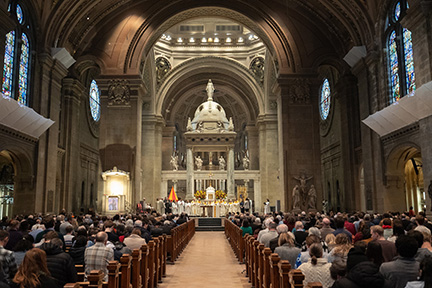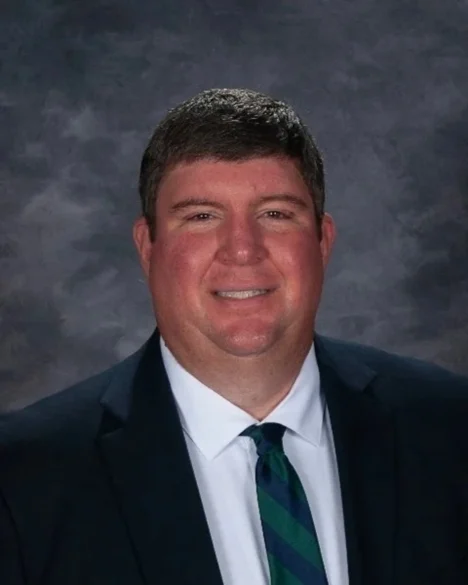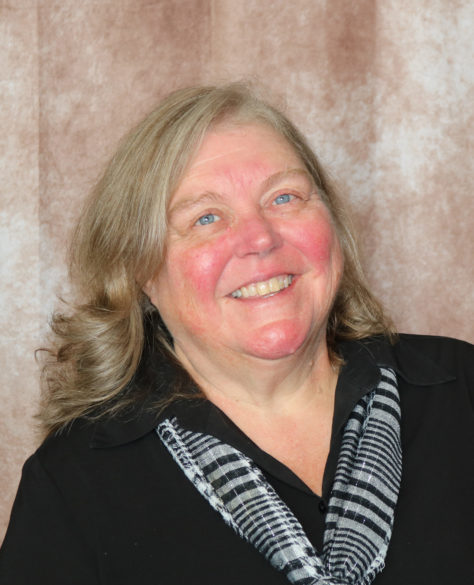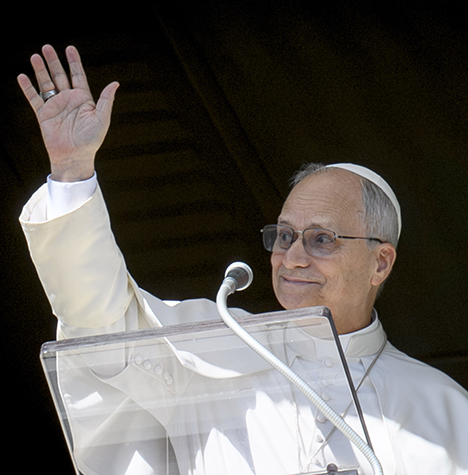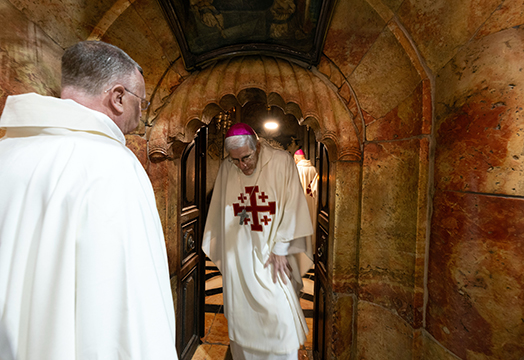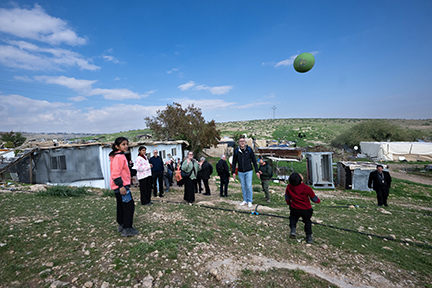IN EXILE
By Father Ron Rolheiser, OMI
It is becoming ever more acceptable today, whether in politics or in general discourse, to speak of brute human strength, force, and power as being the forces we need to guide our lives. Indeed, empathy is now sometimes named explicitly as a weakness.
It is one thing for people to say that strength, force, and power are in fact what govern the world, but it is dangerously wrong to try to throw a Christian cloak over this. In brief, this is the antithesis of Jesus, as the Gospels make clear.
Here’s how the Gospels define strength and weakness.
For centuries the chosen people, feeling oppressed, longed and prayed for a Messiah from God who would come brandishing intimidating muscle, would vanquish their enemies, bring them prosperity, and bind them together in community by a strength, force and power that was superhuman. But that’s not what they got.
Against every one of their expectations, when their hopes and prayers were finally answered, their longed-for Messiah appeared, not as a superhuman, but as a helpless baby unable to feed himself, helpless to nurture himself into adulthood.
Granted, as an adult he performed miracles and sometimes displayed a strength and power that was supernatural. However, the power he displayed in his miracles was never political, militaristic, or physically intimidating. His miracles were always displays of God’s compassion and fidelity.
There’s an interesting play of words in the Gospels when they speak of “power” or “authority”. They use three different Greek words: Sometimes they refer to power as Energia – the type of power a star athlete can bring to a playing field; and sometimes power is referred to as Dynamis – the type of power a rock star can bring to a stage. However, whenever the Gospels refer to Jesus as powerful or as having authority, they never use these words. Instead, they use the word Exousia (for which we have no English equivalent), though we do have a concept of it.
Exousia is the paradoxical power a baby brings into a room. On the surface, it looks like powerlessness, but ultimately it’s the greatest power of all – vulnerability, the moral power to create intimacy.
Simply put, if you put three people into a room: an athlete in the prime of his physical prowess, a rock star who can electrify a stadium with energy, and a baby. Who ultimately has the most power? Jesus answers that.
We see this clearly in the manner of his death. As he hangs on the cross, suffering and humiliated, he is being taunted, if you are the son of God, come down off that cross! If you have divine power, show it! Jesus doesn’t take the bait. Instead of demonstrating the kind of power we like to believe God should be using, Jesus instead resorts to another power, a higher one. In his powerlessness, he gives over his spirit in love and empathy and, in that, shows us the place where intimacy is born.
Moreover, Jesus could not be clearer in his teaching. As he makes clear in the Sermon on the Mount (perhaps the greatest moral code ever written) human strength, force, and power are not what bring about the kingdom. What creates community and intimacy among us?
Blessed are the poor in spirit, for theirs is the kingdom of heaven.
Blessed are those who mourn, for they will be comforted.
Blessed are the meek, for they will inherit the earth.
Blessed are those who hunger and thirst for righteousness, for they will be filled.
Blessed are the merciful, for they will be shown mercy.
Blessed are the pure in heart, for they will see God.
Blessed are the peacemakers, for they will be called children of God.
Blessed are those who are persecuted because of righteousness, for theirs is the kingdom of heaven. (Matthew 5:3-11)
Unfortunately, today in our politics and in our civil discourse (which sadly often lacks civility) people are increasingly putting their faith in brute human power – political power, economic power, military power, social media power, historical privilege. These, as many politicians now claim, are what’s real. They decide things in the world. It’s the strong, the powerful, and the rich who will inherit the good things of this earth. Those who are poor in spirit, who mourn, who are meek, who are merciful, and who are persecuted, will miss out on life. And, undergirding this is the belief that empathy is a weakness.
What’s to be said in the face of this? What should be the Christian response?
Since the beginning of human life on this planet, brute strength and power have always made themselves felt and have often been a dominant force in shaping history. The meek haven’t always inherited the earth (at least not this earth). And today the meek are being threatened from all sides.
However, whatever its political or economic expediency, this kind of raw strength and power may not cloak itself with Jesus and the Gospels. It is the antithesis of Jesus and the Gospels.
(Oblate Father Ron Rolheiser is a professor of spirituality at Oblate School of Theology and award-winning author.)

